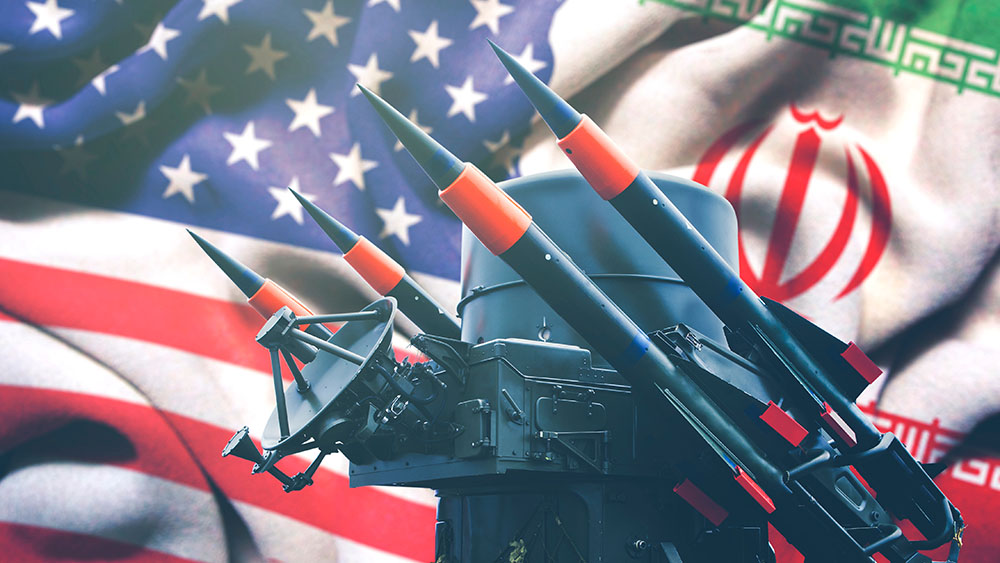U.S. strikes Iranian nuclear sites: A major escalation in Middle East conflict
- President Donald Trump ordered large-scale strikes on three key Iranian nuclear facilities (Fordow, Natanz, Isfahan) using B-2 bombers and Tomahawk missiles, marking the first direct U.S. military action against Iran in the conflict.
- Iranian officials, including Foreign Minister Araghchi, called the attack a “grave violation” of international law and vowed retaliation, warning of “everlasting consequences.”
- UN Secretary-General Guterres expressed grave concern, while experts like Trita Parsi warned the strikes could spur nuclear proliferation and a regional arms race.
- Prime Minister Netanyahu endorsed the strikes as “bold” and historic, reinforcing U.S.-Israel ties amid ongoing Israeli operations against Iran’s nuclear program.
- Last-minute U.S. attempts to negotiate with Iran’s leadership collapsed, deepening mistrust. Civilian casualties mount, with hundreds reported dead on both sides, raising fears of broader conflict.
U.S. President Donald Trump announced a large-scale attack on three key Iranian nuclear facilities. The move, which marks the first direct U.S. military action against Iran in this conflict, has raised concerns of a broader regional war and potential global repercussions.
The attacks, which targeted the Fordow, Natanz and Isfahan nuclear sites in Iran, occurred in the early hours of Sunday morning, with Trump confirming the operation via his Truth Social platform just before 8 p.m. Eastern time on Saturday, June 21.
The United States launched a coordinated attack using B-2 stealth bombers and submarine-launched Tomahawk cruise missiles to strike Iran’s primary nuclear facilities. The operation, described by Trump as “very successful,” aimed to cripple Iran’s ability to develop nuclear weapons. However, the move has drawn sharp criticism from Iranian officials, who view it as a blatant violation of international law.
Iranian Foreign Minister Seyed Abbas Araghchi condemned the attack, calling it a “grave violation” of the UN Charter and international law. “The events this morning are outrageous and will have everlasting consequences,” Araghchi said in a social media post. He warned that Iran “reserves all options to defend its sovereignty, interests and people.”
The international community has also expressed concern over the escalation. UN Secretary-General Antonio Guterres said he was “gravely alarmed” by the “dangerous escalation” and warned of “catastrophic consequences for civilians, the region and the world.”
Israeli Prime Minister Benjamin Netanyahu praised Trump’s decision, calling it a “bold decision” that would “change history.” The Israeli military campaign, dubbed Operation Rising Lion, began on June 13, intending to prevent Iran from acquiring nuclear weapons. Netanyahu’s support for the U.S. strikes highlights the close alliance between the two nations, but it also raises questions about the potential for further escalation.
Diplomatic efforts and last-minute negotiations
Trita Parsi, executive vice president of the Quincy Institute for Responsible Statecraft, warned that the attacks could lead to nuclear proliferation. “There was absolutely no evidence that Iran posed any kind of threat to the U.S.,” Parsi told Al Jazeera. “This will send shockwaves throughout the world because it will be very difficult for countries that risk ending up in the crosshairs of the U.S. and Israel to feel that they are safe without having a nuclear deterrent.”
Parsi fears that the attacks could push Iran to develop nuclear weapons, leading to a regional arms race. However, Iran has consistently maintained that its nuclear program is for peaceful purposes.
The conflict has already taken a heavy toll on civilians. Iranian state-run Nour News reported that at least 430 people have been killed and 3,500 injured since Israel began its attacks. In Israel, 24 civilians have been killed by Iranian missile attacks, with more than 450 missiles fired towards Israeli territory.
The New York Post reported that the U.S. attempted to reach Ayatollah Ali Khamenei for a last-minute nuclear deal before the airstrikes. However, the efforts were unsuccessful, highlighting the deep mistrust between the two nations.
On Monday, June 23, Trump declared a ceasefire between Israel and Iran that took effect the next day. However, even the real estate mogul himself decried the breaches of this ceasefire by both parties. (Related: Iran-Israel ceasefire: Mixed signals and unresolved tensions cloud a fragile peace.)
Trump’s decision to launch the attacks has drawn mixed reactions. While some view it as a necessary step to prevent Iran from acquiring nuclear weapons, others fear it could lead to a broader conflict. The move also raises questions about the future of U.S.-Iran relations and the potential for further military action.
Watch the video below where Trump claims that Iran wants to meet with him.
This video is from the NewsClips channel on Brighteon.com.
More related stories:
Trump demands Tehran’s “unconditional surrender” as Iran-Israel conflict escalates.
Trump faces scrutiny over deceptive Iran bombing plan as global tensions escalate.
Trump secretly approves U.S. attack plans against Iran but holds final order as tensions escalate.
Sources include:
RT.com
AlJazeera.com
NYPost.com
DailyWire.com
Brighteon.com
Read full article here


